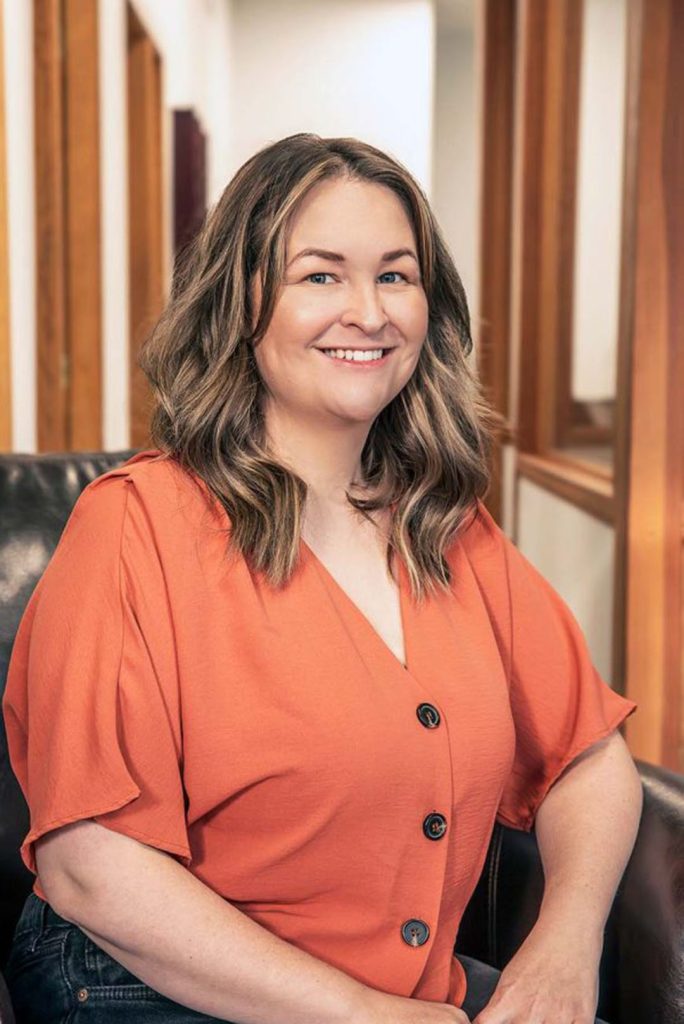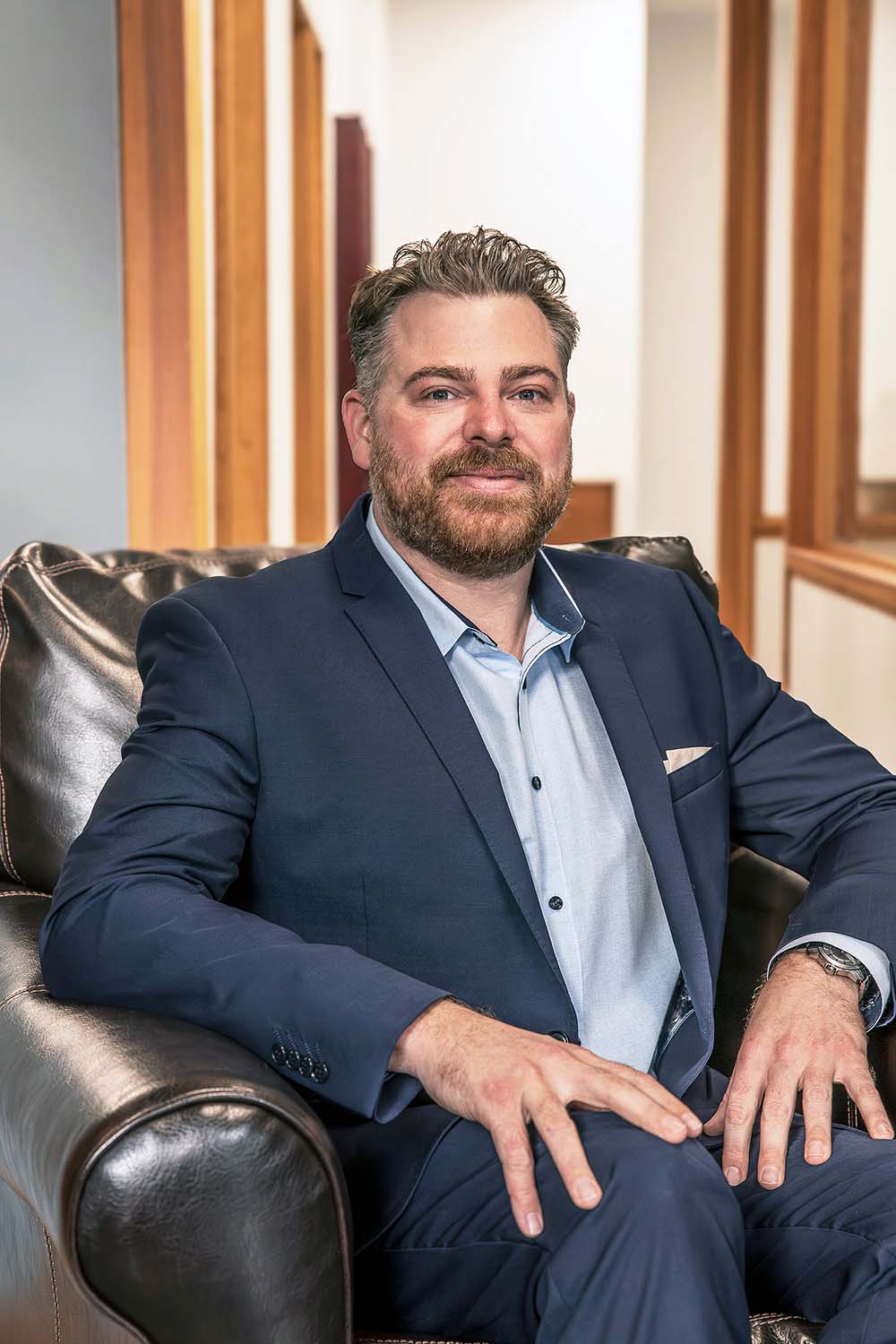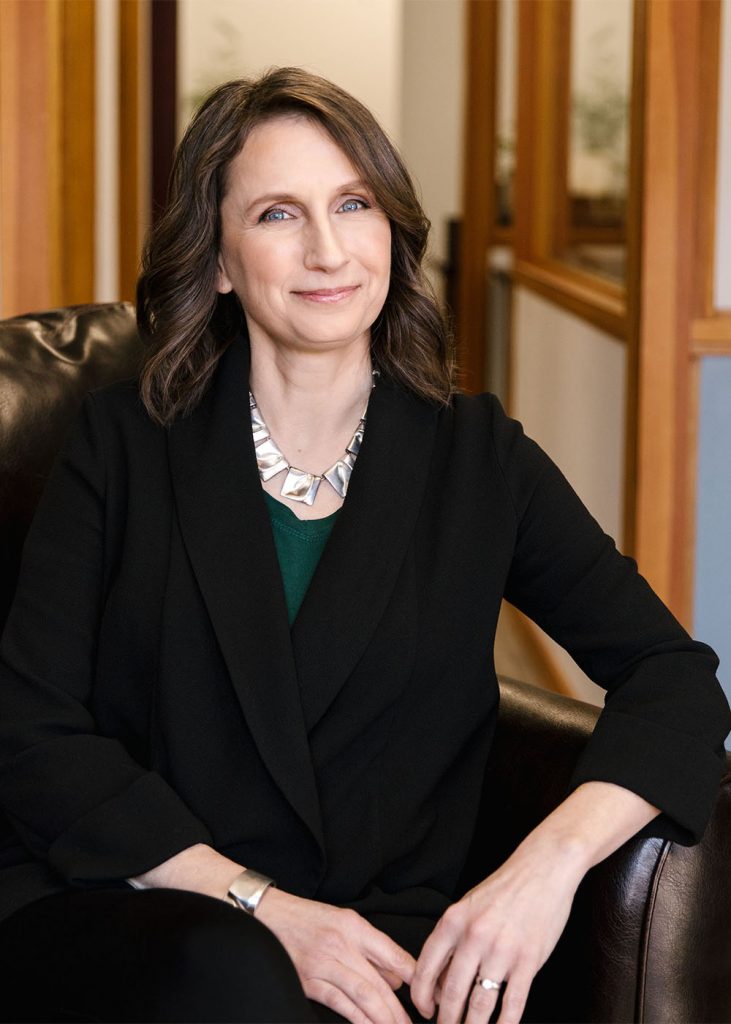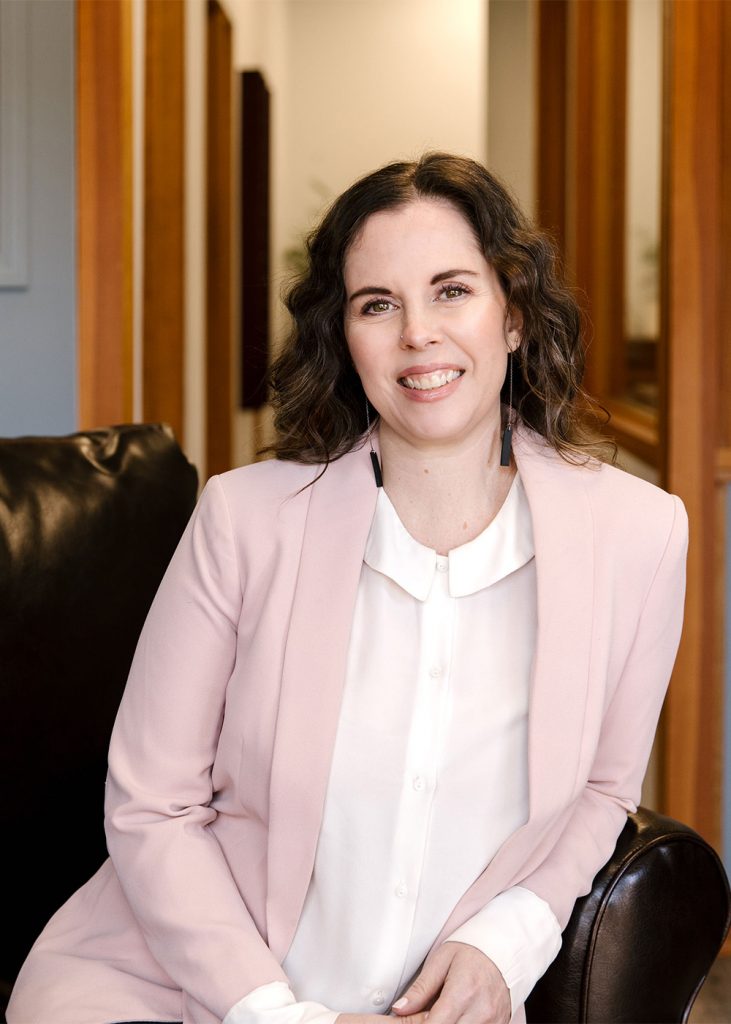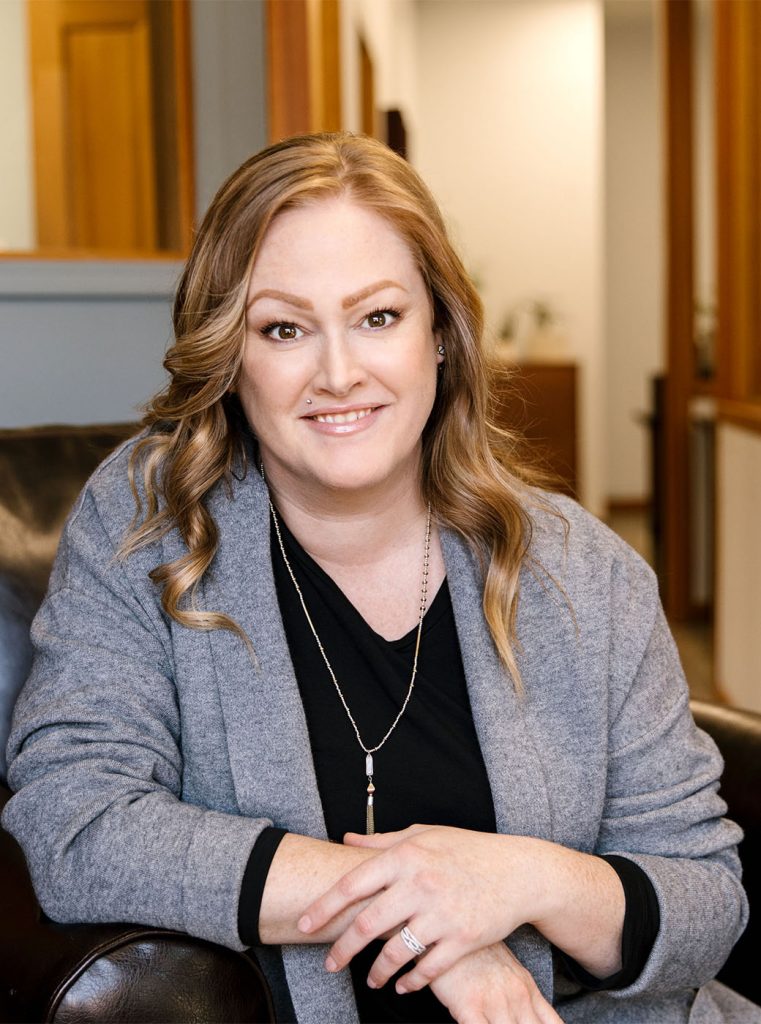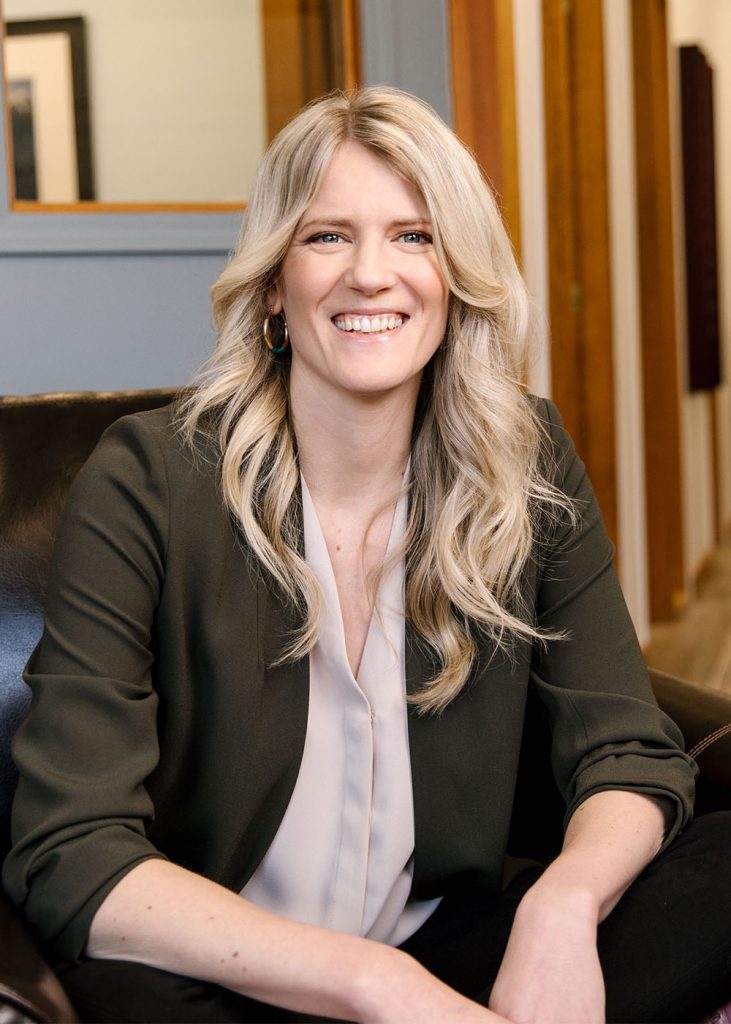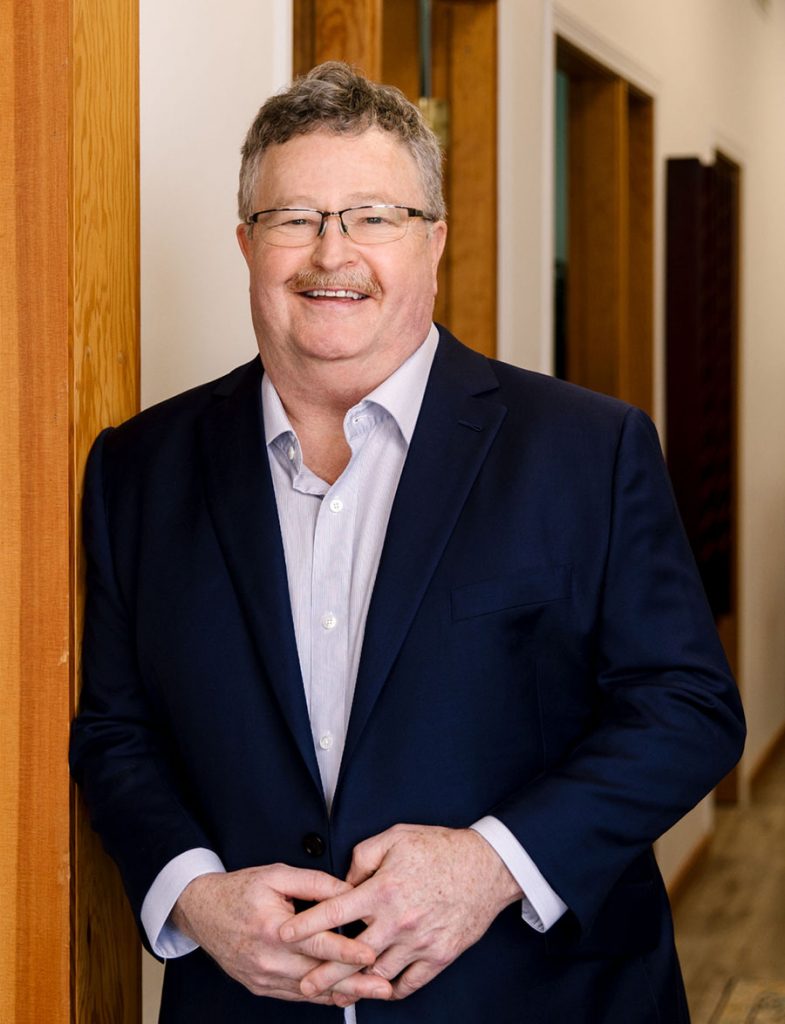How can we raise financially confident children and grandchildren in an increasingly complex world filled with distractions? Many of our clients, for example, are concerned that the next generation won’t possess the financial literacy needed to inherit family wealth.
The good news is that while introducing healthy money habits to young children is ideal, it’s never too early or too late to start. Here are five considerations to help make financial literacy relatable to children of any age.
1. Individualize the Experience
Connect and educate a child by considering their unique needs and personal journey. What worked for you, or their siblings may not be the best strategy for them.
For example, consider:
- Learning style and ability. The financial concepts you can cover are often guided by whether your child is at an elementary, secondary, or post-secondary stage. However, beyond the practical considerations of age and education level, how does your child best learn? Are they more visual or auditory? Do they have special needs? What can you learn from other subjects where they have excelled or had difficulty?
- Allowance or no allowance? This common question begins at a young age and evolves over time. When to start? When to stop? How much to give? Should an allowance be aligned with chores, good grades, a money management tool, or none of the above? There is no right or wrong answer. Everyone’s situation is unique. Decide what approach works best for your child and family.
- The path to success is non-linear. Remember that as your child ages, they’ll continue to face life’s twists and turns. To stay relevant, their financial literacy journey will need to adapt to new experiences and learning opportunities. Let them explore and learn from their failures and successes.
2. Encourage Their Voice
Empowering your child to be financially responsible and independent into adulthood isn’t a one-way conversation. Create a safe, open space for regular, meaningful communication. Understanding their values and giving them ownership in their growth will not only lead to more successful learning opportunities and accountability for your child, but could also improve your relationship.
Strategies include:
- Jobs. For some, earning money beyond family chores begins as a pre-teen. For others, this happens later as a summer internship or post- secondary graduate. Whatever the timeframe and type of job, are they choosing something they enjoy and relate to? Encourage them to explore all possibilities and implications rather than being quick to serve up an opportunity that you think is best. Ultimately, connecting to their “why” and taking ownership in decisions will help children better relate to the value of the money, especially when they begin to earn a salary.
- Spending. Whether it’s money from an allowance, a birthday gift, or a job, instilling responsible spending habits in children can be difficult. A helpful approach is to frame spending decisions around needs and wants. Again, having them clearly articulate their whys and evaluate trade-offs in the decision-making process can help them make more thoughtful choices.
- Saving and investing. While the power of starting early and regularly investing is logical, children, like adults, are guided by emotion and can easily be overwhelmed when making financial decisions. So, rather than telling them what to do, present options and empower young people to research and ask themselves questions such as the “how” and the “what” with a personalized discussion around objectives, time horizon, and risk tolerance.
- Gratitude and giving back. Giving back to the community through volunteering or charitable giving is essential to many families. Whether encouraging children to donate their time, or old toys or engaging them in family charitable initiatives, can help them make values-based decisions that connect more meaningfully to the impact of giving back.
3. Connect the Future to Today
When setting and tracking goals, the challenge for many of us is that we live and feel in the moment. Moreover, children often don’t have the experience of hindsight, so the benefits of saving today (for a faraway tomorrow) can be hard to relate to. So, how can you connect saving and investing to the now?
As mentioned, it is vital to encourage children to make personally relevant, values-based decisions around how they earn, spend, save, invest, and share money. The same approach can be applied to financial goal setting. Whether the goals are short- or long-term, have your children anchor those goals within:
- Their values and what they’re passionate about today.
- Clearly connecting the dots from today to tomorrow by ensuring their goals are SMART (Specific, Measurable, Achievable, Relevant, and Time-bound.)
4. Have Fun
Make it fun for everyone to stay engaged and easily retain information. Encourage curiosity and creativity. Recognize teachable moments in the everyday to keep learning active and cumulative.
For example, consider:
- Games. Board games that integrate money management, such as Monopoly, can be a great way to involve the entire family. Also, think digital –many online resources leverage gamification for different age groups to make financial education more relatable and enjoyable. Young children love imaginary games – play pretend store!
- Party planning and shopping. Enable children to ideate, research, and plan a party and shopping list within a budget. This can help them make informed decisions while developing adaptability and accountability.
- Entrepreneurship at any age. Whether it’s a lemonade stand, a bake sale, selling art, doing yard work in the neighbourhood, providing social media training to small business owners, or teaching younger kids to skate – encourage your children to explore how their talents and hobbies could translate into income, as well as planning for any related costs they’ll incur.
- Bank accounts and credit cards. When your child is ready to transition from a piggy bank to the real world, make a trip to the bank a fun event. Encourage them to research their options in advance. Also, remember the small teachable moments when they’re with you at an ATM, or you’re using a credit card online – for example, educate your children early on how to protect themselves from fraud and identity theft.
5. Stay Consistent
In his book Atomic Habits, James Clear says: “Start small and become the kind of person who shows up every day.”
When it comes to raising financially confident children, it’s a lifelong journey and consistency matters for everyone. Ultimately, your children will become independent adults with greater personal financial accountability and experiences through life stages. For now, however, it’s important to remember that as a parent, children relate to consistent leadership and coaching. Consistency inspires consistency. Whether your child is four or twenty-four, you are helping sow the seeds so they can cultivate healthy financial futures for themselves and generations to come.
Final Thoughts
While we’ve outlined several ways to engage and motivate children to be more financially responsible, this article is not exhaustive. Moreover, the conversation around financial health will continue to evolve in an increasingly complex and constantly changing world. Many excellent financial literacy programs in Canada provide ongoing education and comprehensive resources for all age groups and life stages. For example, we recommend CPA Canada’s A Parent’s Guide to Raising Money Smart Kids.
Lastly, it’s important to remember that every family’s situation, goals, and needs are different and dynamic. Raising financially confident children is just one aspect of building a holistic plan to help grow and sustain your wealth across generations. For more expert advice on this topic, contact a Wellington-Altus advisor today.



